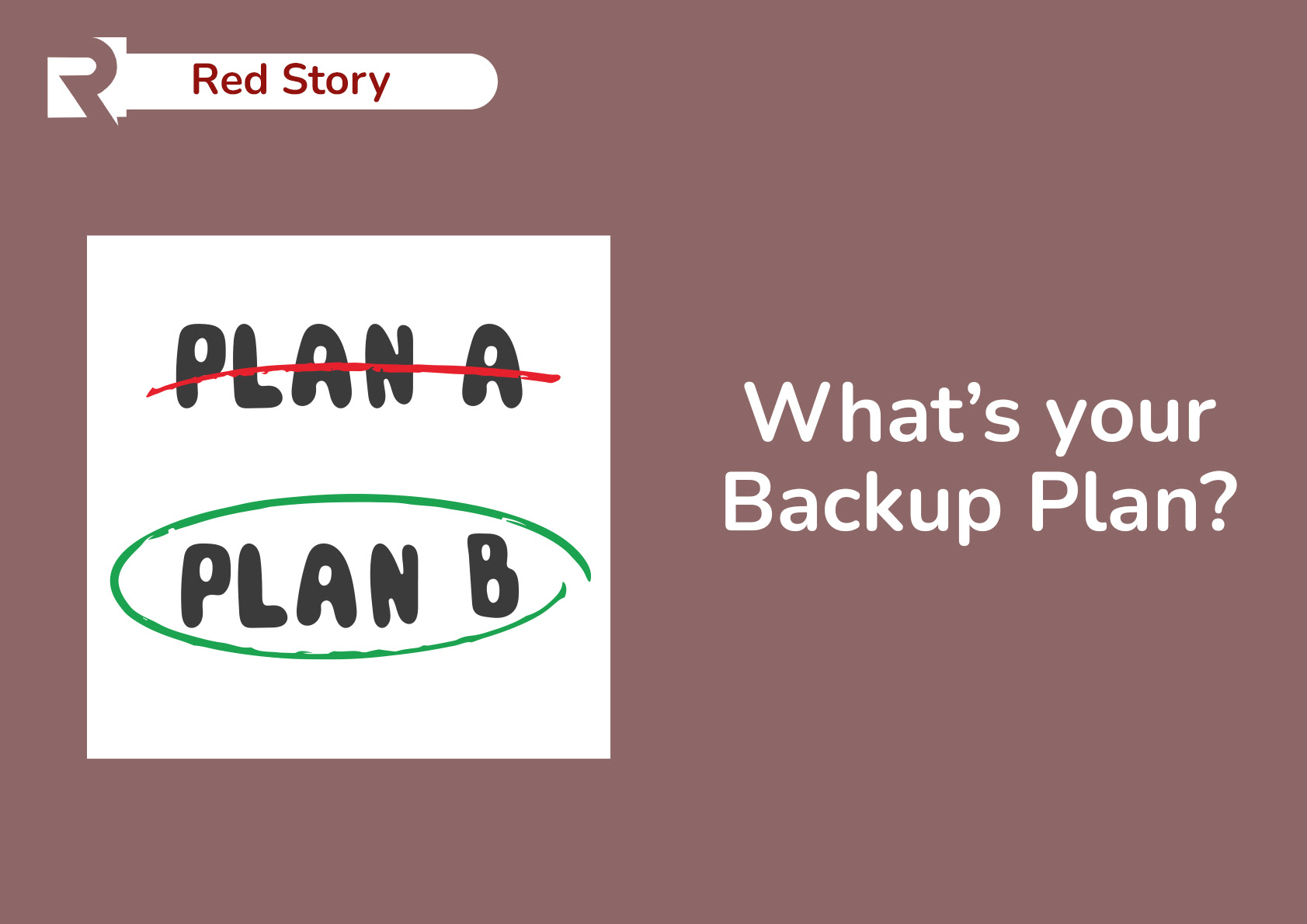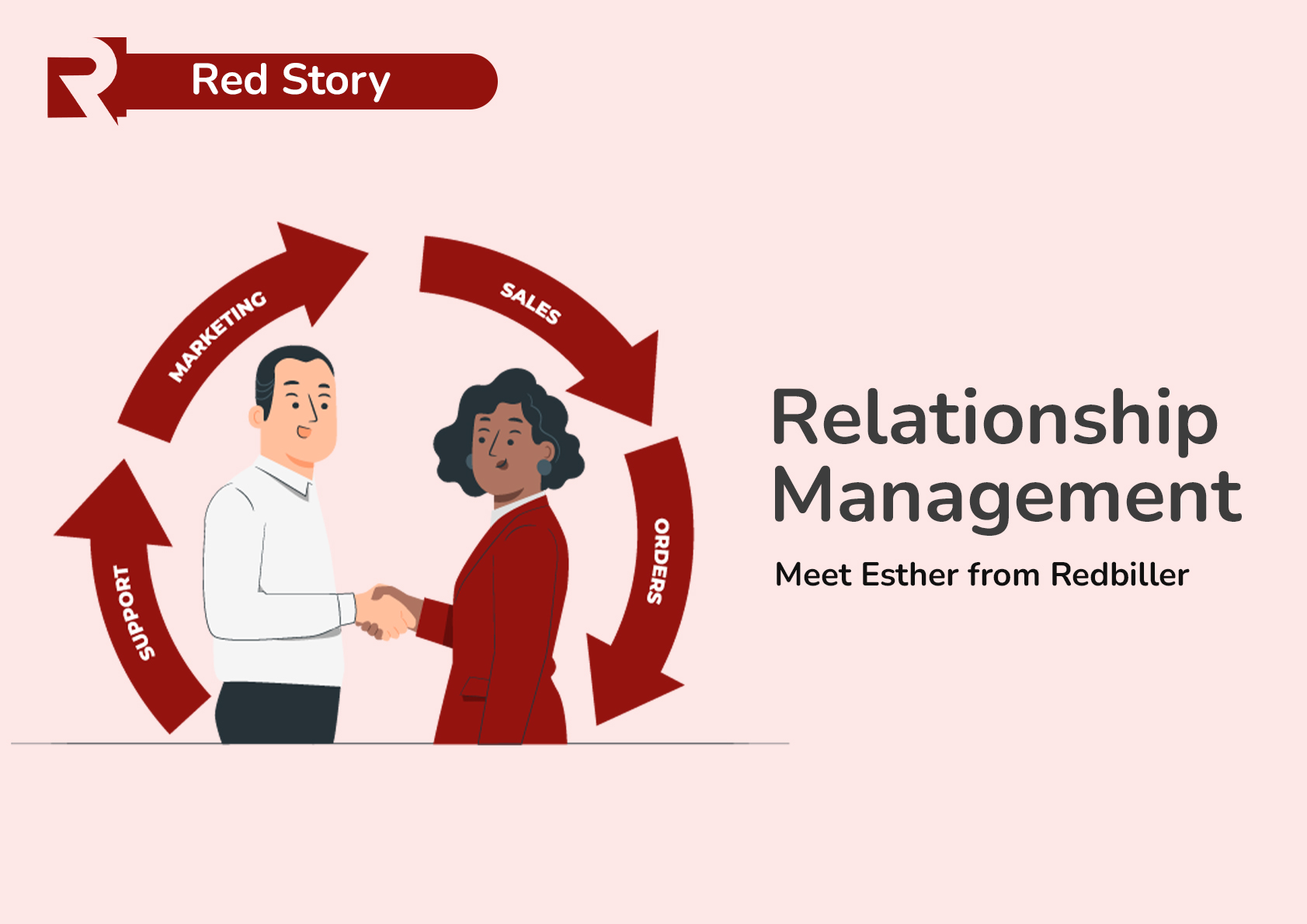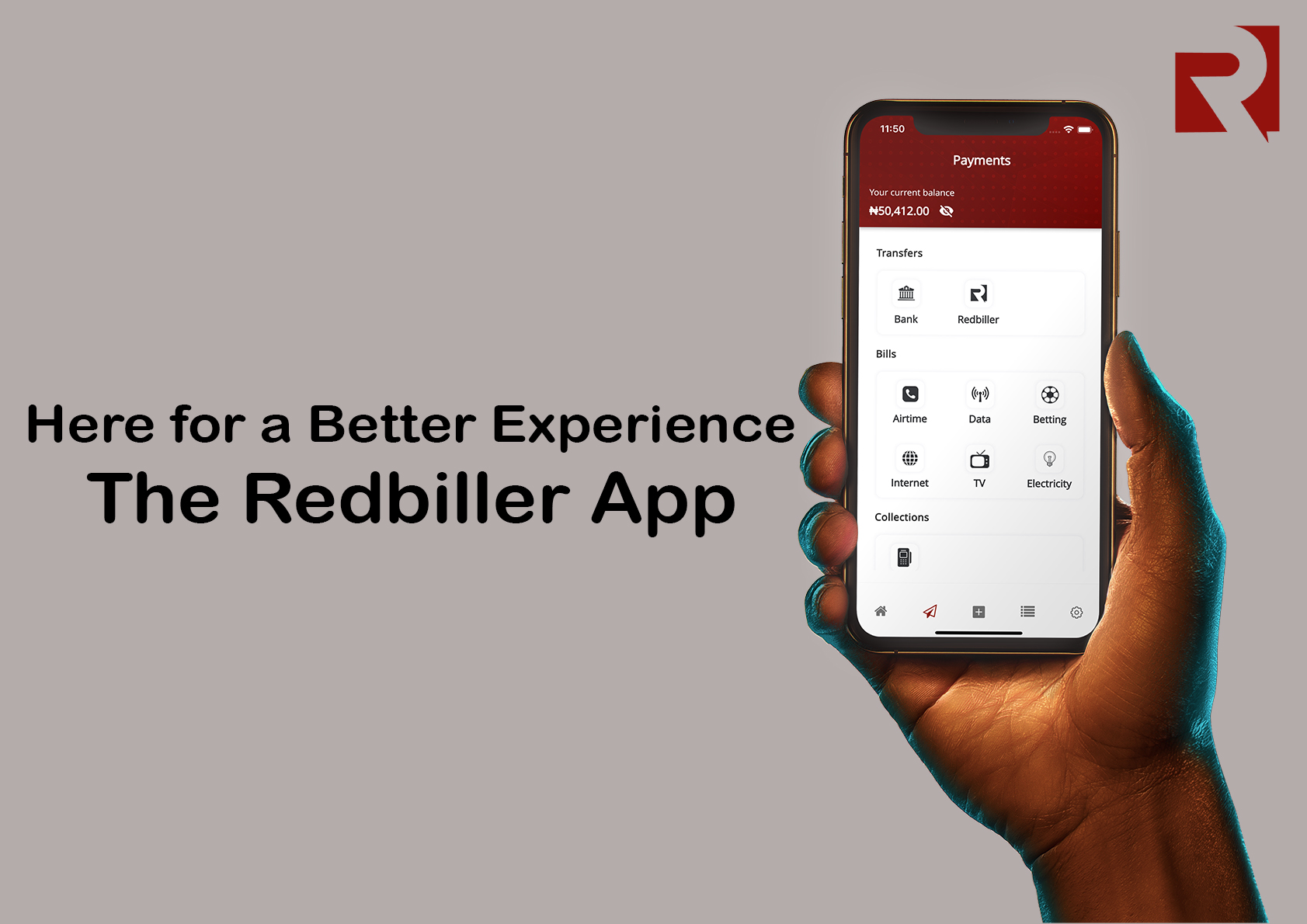Having a Plan B gets almost as much emphasis as having a Plan A. Actually, for a plan to even be remotely considered a plan, it has to include alternatives for the principal elements/players of the plan.
Why?
Because no one has the whole world in their hands. Even if you control all the resources needed, which is usually not the case, things can change at the speed of light. And the effect can be catastrophic, especially when you didn't see it coming.
The question here is, if your machinery or system packs up today, do you have an alternative on standby to continue operations? Or your customers don’t mind hanging around for a couple of days?
Every business at the point of inception, should have a Business Continuity Plan subject to reviews. A Business Continuity Plan (BCP) is a system set up to ensure prevention, response, and recovery in case of disasters. BCP reviews should be done as often as policies and economic realities change. Check out the Red Story on Business Continuity Plan to learn more.
Here at Redbiller
At Redbiller, failover systems are built into every feature -from our multiple-server system to multiple collection methods, all to ensure your business operations go smoothly. When we say you can never get stranded with Redbiller, we make that statement on the strength of what we have built to ensure our customers enjoy seamless integration and service.
In closing
Doomsday is real. And many businesses have seen it more than they admit. Your backup plan is how you ensure Doomsday is not your last day. If you don't have a concrete Plan B built into your operations yet, it is time to go to the drawing table.



